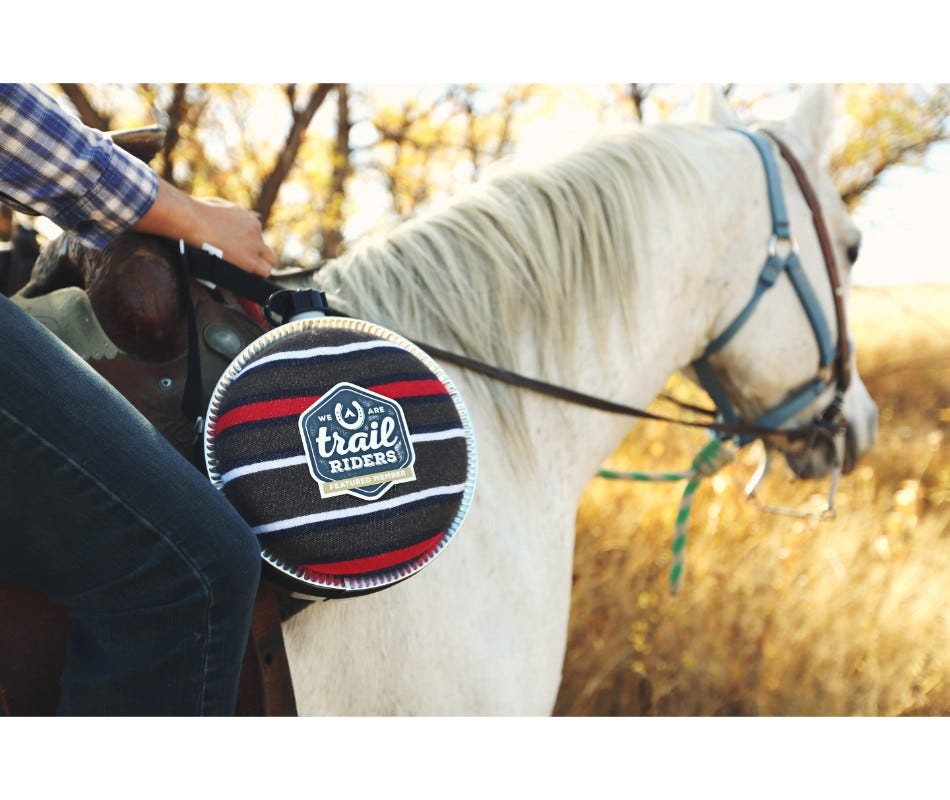We use cookies to make your experience better. To comply with the new e-Privacy directive, we need to ask for your consent to set the cookies. Learn more
Respiratory Problems: Allergies, Equine Parasite Infection, and More
Horses are susceptible to different conditions that affect their respiratory tract. These include infections, allergies as well as congenital defects on their respiratory system.
Common symptoms of respiratory infections include coughing when commencing exercise or eating; nasal discharge, wheezing sounds, reduced tolerance to exercise, and increased respiratory rate.
There are four major causes of respiratory problems in horses. They are allergies, parasitic infections, viral and bacterial infections and problems with the horse’s anatomy.
Allergies
Just like humans, horses can have allergies to dust and pollen.
Allergies can trigger a reaction resulting in the constriction of airways, making breathing difficult. A condition called SPAOPD (summer pasture-associated obstructive pulmonary disease) which may be triggered by pollen in the summer is caused by allergies.
Parasitic Infections
The lungworm spends most of its life in the horse’s respiratory tract and lungs and can cause chronic coughing. The good news is that these equine parasites can be controlled through a proper equine worming program.
Viral and Bacterial Infections
The main respiratory problems in horses are usually caused by either bacterias or virus. This often means that the diseases are contagious and can be spread rapidly - so isolate the horse immediately. Younger, growing horses are highly susceptible to these infections. It is necessary to monitor their health closely and notify your vet the moment you observe any signs of problems.
Anatomical Problems
Horse can have problems with their respiratory structures, such as the pharynx, larynx, and trachea. Problems with these anatomical structures may lead to obstructed airways. In most cases, these problems are usually corrected by surgical procedures.
Treatment
When you notice something unusual about the way your horse breathes, notify your vet immediately. Get an initial assessment so proper treatment can be given.
If your vet confirms that your horse is suffering from respiratory problems due to equine parasites, you will need to start the treatment early. This is important so that that the symptoms does not get worse and the damages become irreversible.
Consult your veterinarian for the most appropriate worming program.









Validate your login